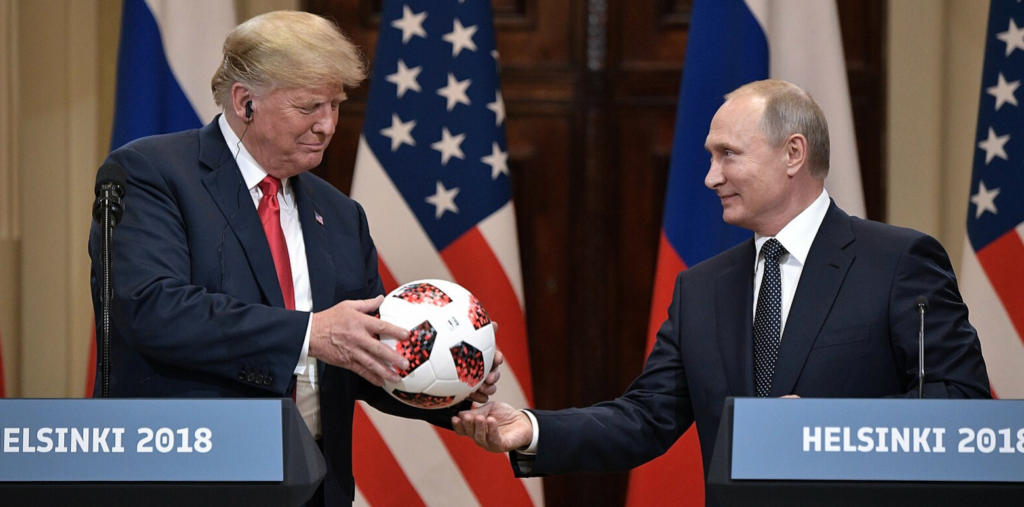Former Trump NSA: Putin Exploited Trump’s Insecurities

Vladimir Putin exploited Donald Trump’s insecurities, securing an unusual hold over the former U.S. president, according to H.R. McMaster’s new memoir. McMaster, who served as Trump’s national security adviser, reveals in his book At War With Ourselves: My Tour of Duty in the Trump White House that this dynamic ultimately led to his dismissal. The Guardian obtained an early copy of the memoir, which is set to be released on August 27 The Guardian.
McMaster’s tenure as national security adviser, spanning 457 days from February 2017 to April 2018, was marked by frequent clashes with Trump over the president’s inexplicable loyalty to the Russian leader. This loyalty was most evident in March 2018, when the poisoning of Sergei Skripal and his daughter in the UK—an act widely attributed to Russian agents—elicited a tepid response from Trump. While other Western leaders prepared strong retaliatory measures, Trump was more concerned with a New York Post article praising him, to the extent that he annotated the article and instructed McMaster to send it to Putin. McMaster later decided not to forward the note, fearing it would only embarrass the president.
Throughout his memoir, McMaster depicts Putin as a skilled manipulator who capitalized on Trump’s vulnerabilities. He describes how Putin, a former KGB officer, flattered Trump and exploited his affinity for strongmen, driving a wedge between Trump and his advisers who advocated for a tougher stance on Russia. Trump, convinced of his unique ability to improve U.S.-Russia relations, often disregarded the advice of these advisers, much to McMaster’s frustration.
McMaster also highlights Trump’s obsession with the Mueller investigation into Russian interference in the 2016 election. This obsession, according to McMaster, made any discussion about Russia difficult, as Trump would inevitably link it to the investigation and its potential implications for his presidency. Despite Special Counsel Robert Mueller finding no evidence of a criminal conspiracy, the investigation revealed numerous instances where Trump’s campaign attempted to obscure its contacts with Russian operatives.
Tensions between McMaster and Trump reached a boiling point during the July 2017 summit in Hamburg, Germany. There, McMaster warned Trump not to be manipulated by Putin, advising him to resist the Russian leader’s overtures. However, Trump’s growing impatience with McMaster’s warnings ultimately led to his dismissal, signaling the deepening rift between the president and his national security adviser.
Despite his eventual ouster, McMaster insists that his service was driven by a commitment to U.S. interests rather than personal or political gain. His memoir, which he describes as an attempt to provide a clear account of his time in the White House, offers a rare glimpse into the challenges of navigating the Trump administration’s often chaotic approach to foreign policy.
On his final day in office, McMaster’s family joined him as Vice President Mike Pence invited them to the Oval Office. Trump, in a rare moment of graciousness, praised McMaster’s service, remarking, “Your uncle is a great guy, very tough, and he did a fantastic job for me. Make sure he only writes nice things about me.”
McMaster’s memoir offers a critical perspective on Trump’s presidency, particularly his unusual relationship with Vladimir Putin, which often put him at odds with his own national security team. As McMaster reveals, the challenges of serving under Trump were compounded by the president’s susceptibility to flattery from adversaries like Putin, ultimately leading to McMaster’s departure from the White House.

